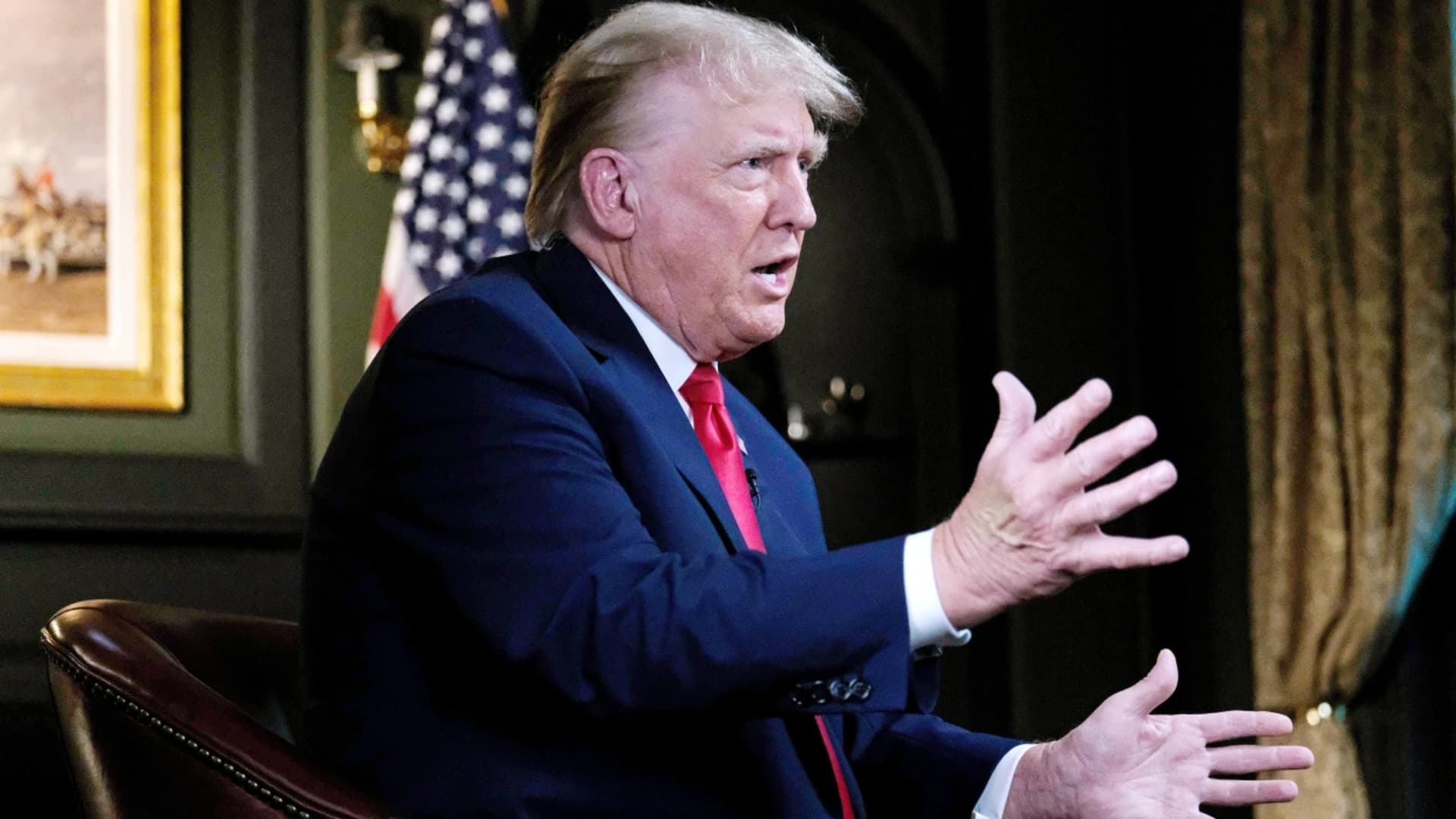When a person is elected to office, it’s fair to criticize them and their inner circle for their actions and decisions that affect their public role. However, the level of scrutiny and criticism should be proportional and relevant to their position and responsibilities.
It’s important to distinguish between criticism that is related to the individual’s performance in office and criticism that focuses on their personal life or family members.
Criticism of a politician’s family, especially their children, should be approached with caution and only when it directly relates to their ability to perform their duties or reflects on their character in a meaningful way.

For example, suppose a plitician’s spouseo is involved in illegal activities or public misconduct directly impacting their ability to fulfill their duties. In that case, criticism of the spouse may be warranted.
However, if the criticism is based solely on personal matters unrelated to the politician’s performance, it may not be fair or constructive.
In the case of the teenager mentioned in your question, while it’s understandable that his actions may reflect poorly on his mother, a public figure, it’s essential to consider whether his behavior is relevant to her role as a legislator.
If the teenager’s actions do not directly impact his mother’s ability to serve in office or significantly reflect on her character, then the focus should remain on her own actions and decisions as a politician.
The decision to criticize a politician or their inner circle should be guided by relevance, proportionality, and fairness.
Criticism should aim to hold elected officials accountable for their public actions and decisions rather than targeting them or their families for personal or unrelated matters.


